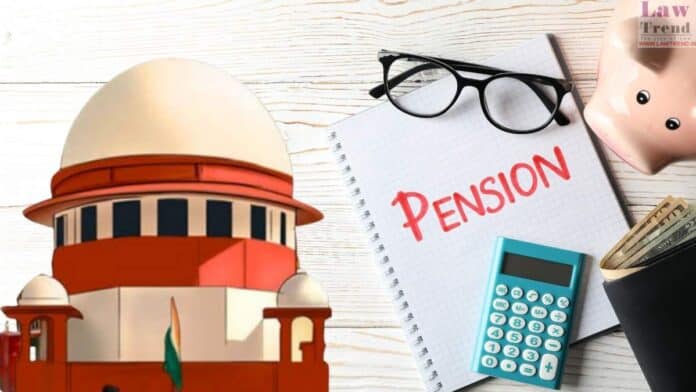The Supreme Court of India has ruled that an employer cannot withhold an employee’s pension, gratuity, and other retiral dues on the grounds that the employee has not vacated their government-allotted residence upon superannuation. A bench comprising Justice Sanjay Karol and Justice Prashant Kumar Mishra dismissed an appeal filed by the Panchayat & Rural Development
To Read More Please Subscribe to VIP Membership for Unlimited Access to All the Articles, Download Available Copies of Judgments/Order, Acess to Central/State Bare Acts, Advertisement Free Content, Access to More than 4000 Legal Drafts( Readymade Editable Formats of Suits, Petitions, Writs, Legal Notices, Divorce Petitions, 138 Notices, Bail Applications etc.) in Hindi and English.




